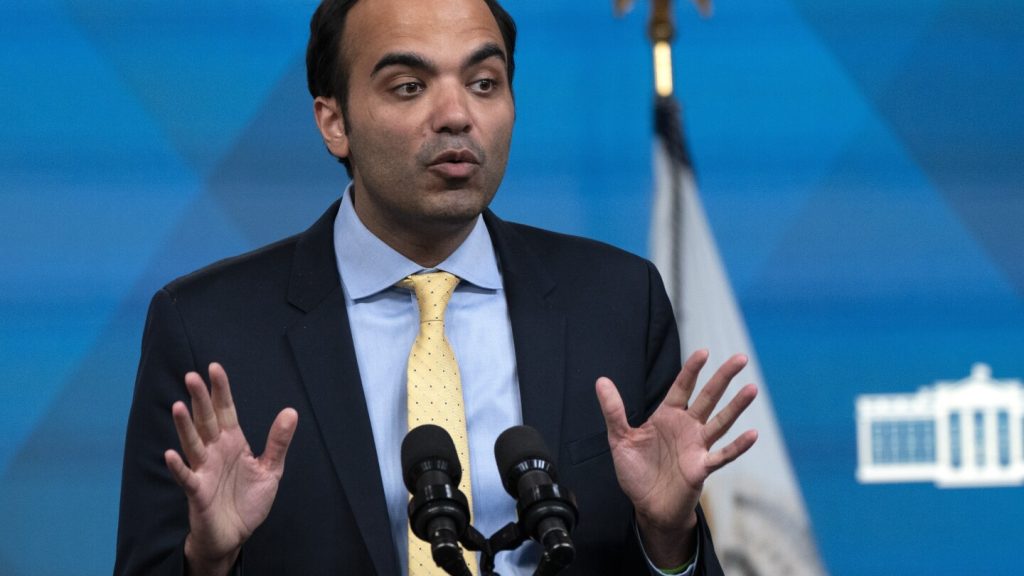In a recent landmark decision, the Supreme Court ruled 7-2 in favor of allowing the Consumer Financial Protection Bureau (CFPB) to draw its budget from the Federal Reserve rather than the annual Congressional appropriations process. This decision put an end to years of legal challenges and uncertainty surrounding the bureau’s authority. The ruling was met with praise from consumer advocates and some in the banking industry, who feared that overturning the bureau’s work would cause chaos in the financial system. With this legal ambiguity now resolved, CFPB Director Rohit Chopra announced plans to hire additional investigators and address pending cases against companies accused of wrongdoing.
The CFPB, created in the wake of the 2008 financial crisis, has been a target of opposition from Republicans and the financial industry since its inception. The recent Supreme Court case, CFPB v. Community Financial Services Association of America, posed an existential threat to the bureau. Payday lenders, represented by the CFSA, challenged a bureau rule that limits their ability to withdraw funds directly from borrowers’ bank accounts. Lower courts, including the Fifth Circuit Court of Appeals, had previously questioned the constitutionality of the bureau’s funding structure, casting doubt on the legality of its work over the past decade. The bureau’s law enforcement efforts, which have resulted in significant fines and returned funds to consumers, had been hindered by this legal uncertainty.
The Supreme Court’s ruling has cleared the way for the CFPB to move forward with its law enforcement work and other regulatory initiatives. Plans are underway to expand the bureau’s law enforcement office and address a range of consumer finance issues, including pawn shops, medical billing, credit reporting, and financial data concerns. The bureau’s ability to enforce laws like the Military Lending Act, which protects servicemembers from predatory financial products, had been compromised by the pending legal challenges. With the cloud of uncertainty lifted, the bureau can now resume its enforcement actions against companies accused of violating consumer protection laws.
Several cases involving payday lenders and other financial services companies that were on hold due to the Supreme Court case will now proceed. The CFPB’s enforcement efforts have resulted in the return of billions of dollars to consumers and fines levied against banks for misconduct. The resolution of the legal challenges has been welcomed by various sectors of the financial industry, including the Mortgage Bankers Association, which expressed relief that the Supreme Court’s decision did not disrupt the housing and mortgage markets. While disagreements with the bureau’s work may persist, the avoidance of a ruling that would have invalidated previous rules was seen as a positive outcome for the economy and consumers. The CFPB’s newfound clarity and stability will allow it to continue its mission of protecting consumers from financial exploitation.


